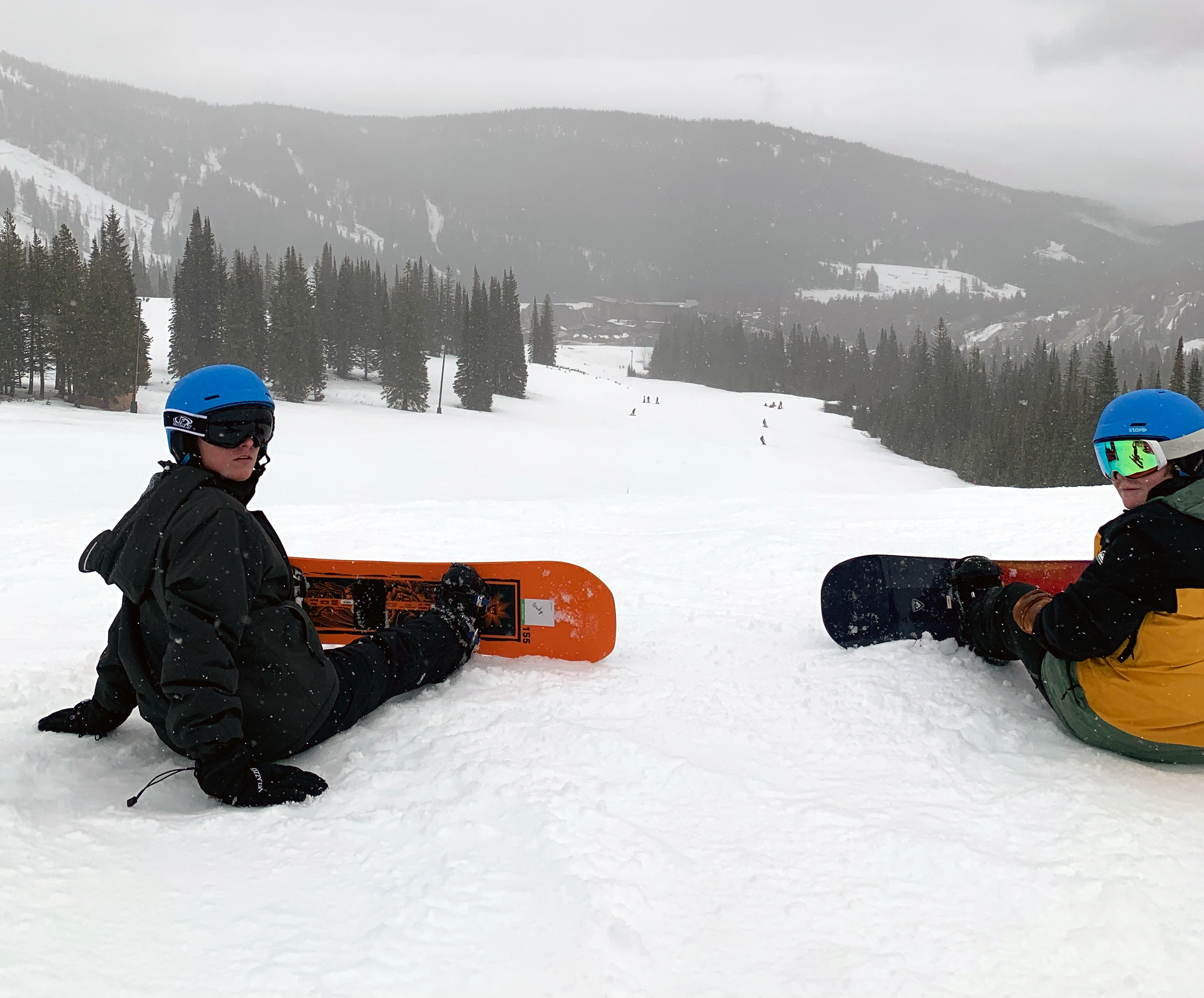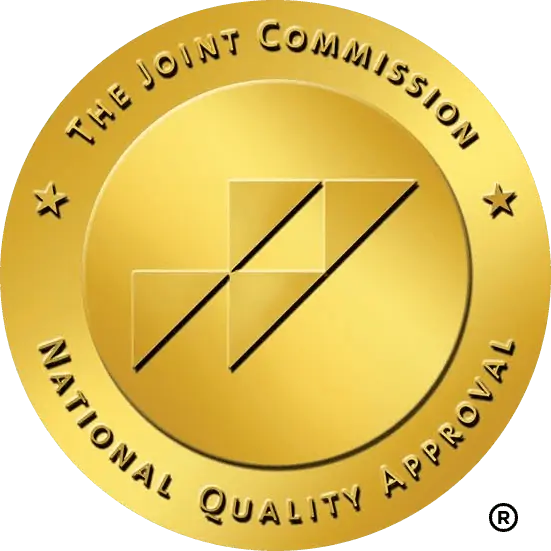According to a new survey from the Pew Research Center published in March, nearly three-quarters of American teenagers say they feel happy or peaceful when they don’t have their phones with them.
At the same time, the Pew researchers found that despite the well-known negative associations with smartphones, most teens are not limiting their phone or social media use. “Fully 95 percent of teens have access to a smartphone, and about six in ten say they use TikTok, Snapchat, or Instagram,” Pew reported.
PHONE-BASED CHILDHOOD
There have been many recent warnings about the psychological damage caused by this phone and social media saturation. In May of last year, US Surgeon General Vivek Murthy issued an advisory in which he recommended that policymakers “strengthen protections to ensure greater safety for children interacting with all social media platforms.”
Dr. Murthy wrote that “frequent social media use may be associated with distinct changes in the developing brain in the amygdala (important for emotional learning and behavior) and the prefrontal cortex (important for impulse control, emotional regulation, and moderating social behavior), and could increase sensitivity to social rewards and punishments.”
Adolescent social media use is “predictive of a subsequent decrease in life satisfaction for certain developmental stages including for girls 11–13 years old and boys 14–15 years old,” Murthy added.
Jonathan Haidt is a social psychologist who has long studied social and moral development. He believes “the new phone-based childhood that took shape roughly 12 years ago is making young people sick and blocking their progress to flourishing in adulthood.” Dr. Haidt feels that “we need a dramatic cultural correction, and we need it now.”
“Once young people began carrying the entire internet in their pockets, available to them day and night, it altered their daily experiences and developmental pathways across the board,” Haidt wrote in The Atlantic. “Friendship, dating, sexuality, exercise, sleep, academics, politics, family dynamics, identity—all were affected.”
The impact of near-constant smartphone use is multi-dimensional. Three-quarters of US high school students do not get the sleep they need, for instance. Sleep is linked to academic performance, including decision-making, problem-solving, and attention, impacting a teenager’s learning ability. Lack of sleep is linked to many mental health problems, including anxiety, depression, and suicidal thoughts and behaviors.
In her 2023 book, Generations, psychology professor Jean Twenge pointed out that Gen Z members born between 1995 and 2012 are twice as likely to be dissatisfied with their lives, twice as likely to be clinically depressed, and twice as likely to take their own lives as teens and young adults compared to millennials at the same age.
“Every indicator of mental health and psychological well-being has become more negative among teens and young adults since 2012,” Twenge wrote in Generations. “The trends are stunning in their consistency, breadth, and size. Most involve what psychologists call internalizing disorders, such as depression and anxiety. Even when they do not rise to the level of disorders, these emotions are not pleasant—they involve feeling unhappy, dissatisfied with life, and down on yourself.”
RELEARNING SOCIAL RELATIONSHIPS
At Turning Winds, teenage clients get reacquainted with life without phones and constant internet use. It is a safe place for teens to unplug and heal. “Kids today are so bombarded with societal expectations, the internet, social media, and so much of the demands that society puts on them,” says Turning Winds therapist Kim Sparks, LCPC. Parents bring their teens to our remote place in Montana “to make them kind of disconnect and have them only focus on themselves.”
“Many of our clients struggle socially when they arrive here,” says Turning Winds therapist Sean Carlin. “We’ve developed into a country where we are hooked to our electronics and we do everything with them. It’s a big piece of why these kids are here.”
Instead of screen time, Turning Winds clients get to enjoy a lot of outdoor activities. Physical exercise is another important part of teenage life, and being outdoors provides the perfect environment for it. Regular outdoor activities can not only improve physical fitness but can also offer an opportunity to explore, experiment, and take risks in a safe and supervised environment. Spending time outdoors can also help to develop social skills and connect with others.
The Turning Winds program aims at effecting comprehensive change in our clients. We believe success is most likely achieved through a combination of therapeutic and educational approaches that provide the best outcomes possible for each child we treat. These therapeutic approaches—many unique to our hybrid residential treatment program—include character and leadership development, health and wellness, experiential education, evidence-based clinical treatment, and academic engagement.
“This program works because we build relationships with these kids. The more of a relationship therapists have, the more of a positive impact they can have on these kids,” says Carlin. “Besides that, we take away their cell phones—and their computers. Besides school use, they don’t have access to computers here. Even TV time is limited.”
Turning Winds helps young people learn how to correctly perceive and purposefully engage with the world around them. The program’s holistic approach, relational focus, and emphasis on achieving authentic openness make Turning Winds especially effective at facilitating positive outcomes and long-term change.
Turning Winds provides a therapeutic respite from a dysfunctional cultural experience, reconnection with core human values, and the holistic education and therapeutic alliance needed to perceive and practice intentional living. Contact us online for more information, or call us at 800-845-1380.









